
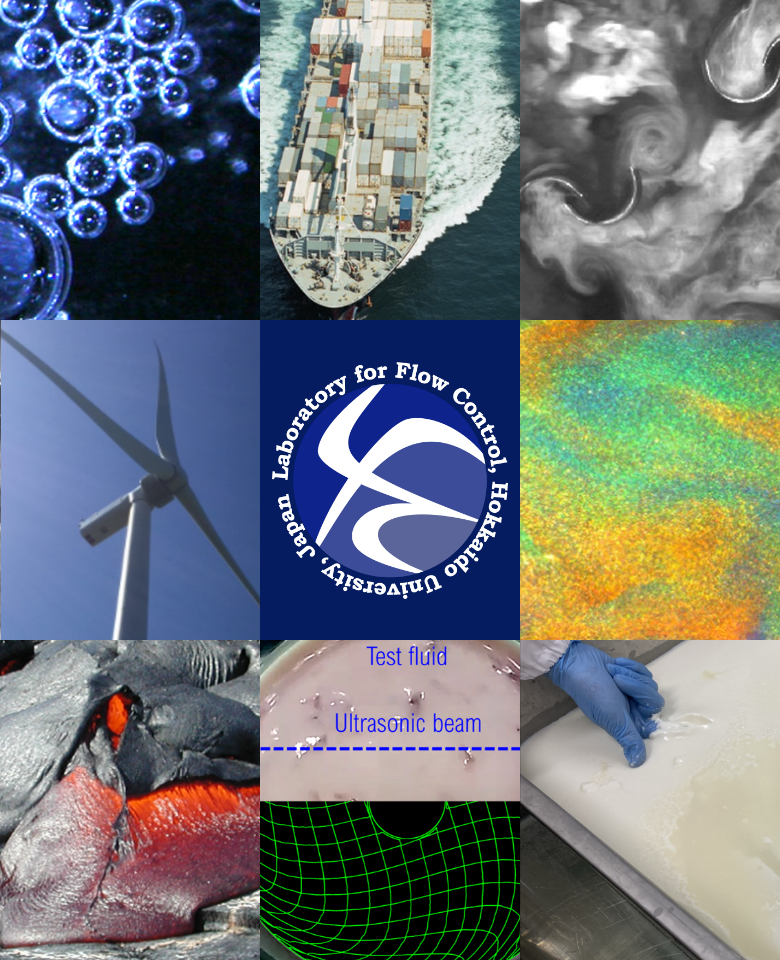
Laboratory for Flow Control-Fluid mechanics experiment for science & technology-
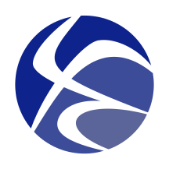
Students
Ph.D. course

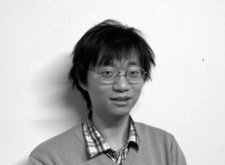
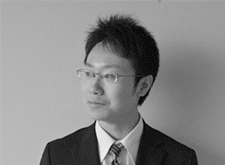
Master course

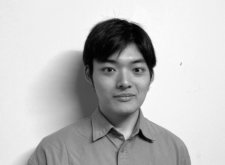
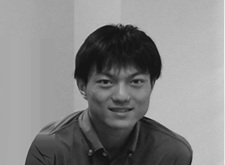
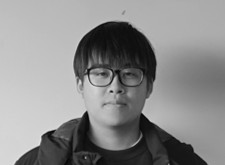
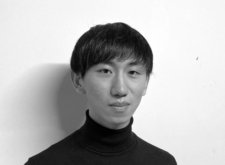
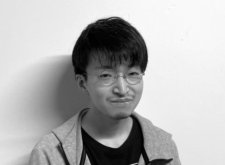
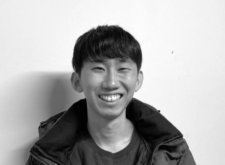
Undergraduate
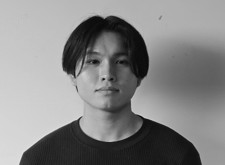
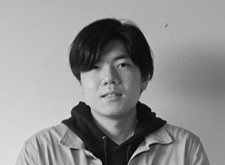
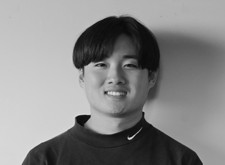
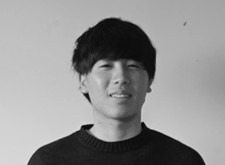
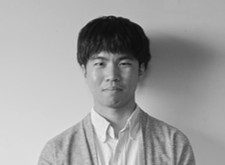
Research students & Visiting students



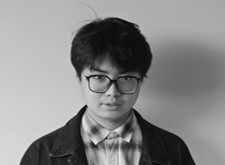
Education policy
It becomes the greatest pleasure when discrepancy is found between your estimation and obtained result. This leads to deep thinking every time, gathering ideas among professors and students. In a sense, difficulties in flow control has formulated fluid mechanics historically, and plenty number of researchers are enjoying their solutions world-widely. Upon this context, the professors in our laboratory always ask “why” to the students. Why did you set-up such a problem? Why did you adapt such a data analysis? Why can you obtain such a conclusion? The students are gradually able to establish their own themes to skill up themselves. They emit a lot of ideas and do their job in their own way in the end. They will be able to present convincing story in academic conferences and to describe thesis logically. The professors support such a growth of students through the individual research.
Master course students ordinarily have two topics of research. One is designated theme assigned by external foundation such as from government, companies, and foreign research institutes. By contributing to the theme, the students earn teamwork ability and social responsibility. The other is freely planned theme proposed by students associated to fluid mechanics. The students can utilize experimental facilities, measurement instruments, and international researchers’ network that LFC has established to date. They aim to achieve something “the world the first” in their own-designed theme. Through these experiences, the students advancing to Ph.D. course is increasing in LFC. Most of Ph. D. students are employed by JSPS (Japan Society for Promotion of Science) to earn salary so that they can concentrate on their challenging topics that would surprise the world.
Education support
International activities for education
LFC has an education program for post graduate students via international collaboration research. Students visit foreign institutions as international internship students in two to three months and are engaged in collaboration research with their experimental technique acquired in graduate research projects. Unlike oversea education for language, the students are required to be active to promote the projects from planning to publishing the results obtained in the program. We believe the program encourage the student for their international activities in future. From the establishment of current laboratory, FY2002, we sent 67 students to foreign institutions along the program. This corresponds to 80% or more master course student experienced the international activities. The activities are financially supported by HU and LFC and the students do not require large expense themselves. Collaborated institutions are widely spread in the world, but mainly in Europe. Main institutions are, ETHZ (Zurich, Switzerland; academic agreement with HU). Warwick Univ. (Coventry, UK, academic agreement with HU), Helmholtz Centre at Dresden Rossendorf (HZDR; Dresden, Germany), University of Cote d’Azur (Nice, France), Normandy Univ. (Le Havre, France), iCube at Strasbourg Univ. (Strasbourg, France; academic agreement with HU), and Univ. Manchester (Manchester, UK). The institutions, Places, and number of students visited are summarized figure below.

Support for taking JSPS fellowship
LFC provides generous support to Ph.D. students to take JSPS fellowship by advising preparations on the applications. Maybe thanks to them, almost all Ph. D. student in LFC have won to take the fellowship including oversea students. Following is the list of students taking fellowship.
| FY2022 | K.Ohie (DC1) |
| FY2021 | D.Yoon (DC2) |
| FY2020 | T.Tanaka (DC1), N.Tiwari (DC2) |
| FY2019 | D.Noto (DC1), K.Nakamura (DC2) |
| FY2018 | T.Yoshida (DC1) |
| FY2014 | H.J.Park (DC2) |
| FY2013 | T.Shiratori (DC1) |
| FY2012 | T.Watamura (DC1) |



